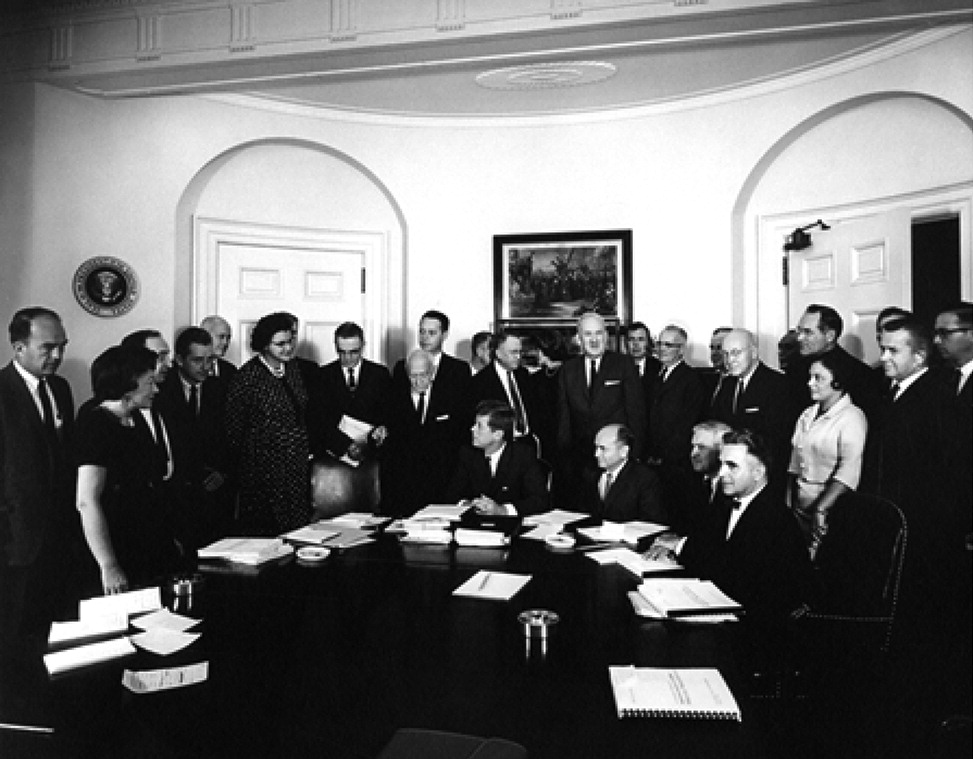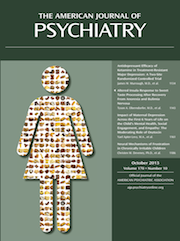On February 5, 1963, in a historic message to Congress, President John F. Kennedy called attention to the urgency of addressing mental illness and mental retardation (
1,
2). This unprecedented focus by a president of the United States was accompanied by the articulation of a new national policy, a clarion call for a bold approach to “mental illnesses.”
Public Law 88–16, which tragically was Kennedy’s last piece of legislation, is officially known as The Mental Retardation and Community Mental Health Centers Construction Act of 1963. Unofficially, it is often referred to as the “CMH program.” The law catalyzed a number of positive changes for millions of Americans: the deinstitutionalization of mental health care and the building of community mental health centers throughout the United States to improve access, improve research funding, increase attention to the needs of those with mental retardation, train physicians and other mental health professionals in community-based care, educate about the importance of working in an interdisciplinary manner to serve patients and families, and integrate medical, social, and environmental factors to enhance recovery.
Despite gains, a half-century later much remains to be done. Stigma, while lessened, still persists. The causes of most major mental illnesses are not adequately understood. There are no predictive biomarkers identifying underlying causal factors or personalized treatments. Millions of individuals continue untreated or inadequately treated. Illnesses such as depression and bipolar disorder defiantly remain among the top three causes in global health burden, disability, and costs (
3). Suicide rates have been relatively unchanged for 50 years (
4). The list goes on and on.
An updated vision is required. An apt metaphor introduced by one of us (PJK) is that the time has come for America to boldly explore the “inner space” of our brains with the same verve and collective energy we used to explore outer space under President Kennedy’s goal to land a man on the moon by the end of the 1960s. By coming together as a national, interdisciplinary, collaborative community of mental health, we have the potential to realize major gains against mental illnesses laid out by President Kennedy in 1963. Indeed, while it may be a half-century late, such an initiative could finally achieve another of his dreams, stated as he signed the CMH bill: “…today, under present conditions of scientific achievement, it will be possible for a nation as rich in human and material resources as ours to make the remote reaches of the mind accessible. The mentally ill and the mentally retarded need no longer be alien to our affections or beyond the help of our communities.” A challenge: Let us renew pursuit of goals espoused one half-century ago and succeed before this decade is over.


